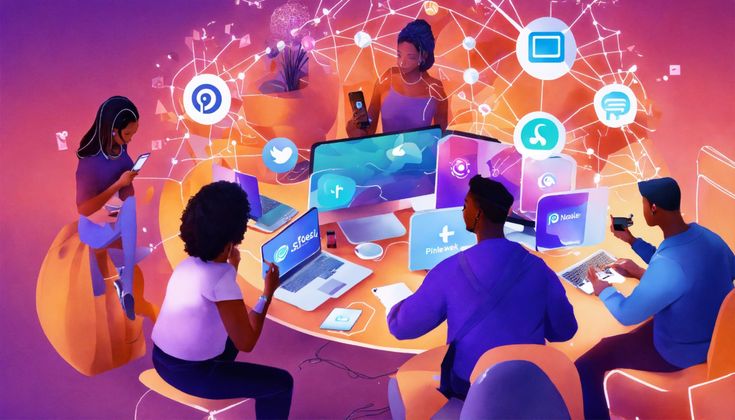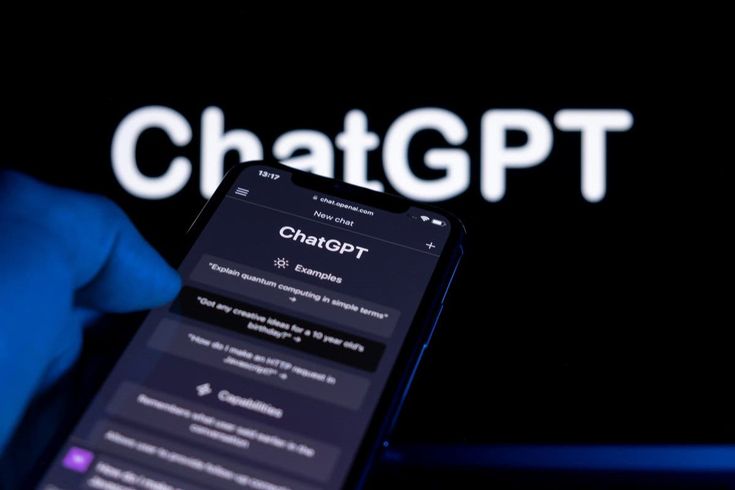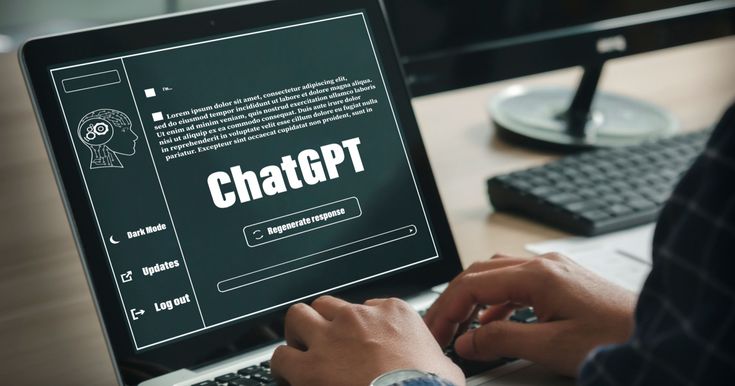Table of Contents
Introduction:
In today’s fast-paced digital world, AI has revolutionized the way we learn. Among the most innovative tools available is ChatGPT, an AI-powered assistant that can help students in a variety of ways—from simplifying complex concepts to providing personalized study plans. In this blog, we’ll explore 10 effective ways to make ChatGPT your ideal study partner and unlock your academic potential.

1. Ask for Quick Summaries
ChatGPT excels at breaking down complex information into easily digestible summaries. If you’re struggling with dense reading material, simply ask ChatGPT for a summary of key points. This can save you time and ensure you grasp the main ideas without overwhelming detail.
- Example Prompt: “Can you summarize Chapter 5 of ‘To Kill a Mockingbird’?”
2. Clarify Complex Concepts
When textbooks leave you confused, ChatGPT can help you clarify difficult concepts. Whether it’s math, science, or literature, ChatGPT can explain topics more simply, and you can even ask for multiple explanations until you understand.
- Example Prompt: “Explain the Pythagorean theorem in simple terms.”
3. Generate Study Plans
Struggling with time management? ChatGPT can help by creating customized study plans that organize your subjects and tasks. Provide information about your goals and schedule, and ChatGPT will help you prioritize and manage your time effectively.
- Example Prompt: “Create a two-week study plan for my upcoming chemistry exam.”

4. Practice with Flashcards
Using ChatGPT as a tool for active recall is easy! Ask it to create flashcards for vocabulary, historical facts, or scientific formulas. This method enhances retention and makes revision more engaging.
- Example Prompt: “Create flashcards for key terms in World War II history.”
5. Improve Your Writing
ChatGPT can help refine your writing skills by offering suggestions on sentence structure, grammar, and style. Use it to edit essays, research papers, or even practice writing prompts.
- Example Prompt: “Can you help me improve this paragraph on climate change?”
6. Get Personalized Quiz Questions
If you want to test your knowledge, It can generate quiz questions based on any topic you’re studying. This self-testing approach is a great way to ensure you’re fully prepared for exams.
- Example Prompt: “Create a 10-question quiz on the causes of the French Revolution.”

7. Engage in Interactive Learning
Engage in interactive Q&A sessions with ChatGPT for a dynamic learning experience. You can explore various angles on the same topic by asking follow-up questions, which fosters deeper understanding.
- Example Prompt: “How does the water cycle work? Can you explain each step in more detail?”
8. Simplify Research Process
It can help you gather quick references and guide you in finding reliable sources for research papers. Although it can’t access real-time information, it can suggest search strategies or point you to topics you should explore.
- Example Prompt: “What are some key points to research for a paper on renewable energy?”
9. Create Discussion Prompts
When preparing for group studies or class discussions, you can use it to generate discussion questions that encourage deeper thinking and help prepare for thoughtful conversations.
- Example Prompt: “Give me five discussion prompts for a debate on artificial intelligence in healthcare.”
10. Use for Language Learning
If you’re studying a foreign language, ChatGPT can act as your conversation partner or help with translations, sentence structure, and vocabulary building. You can even ask for explanations of grammar rules or help with practice exercises.
- Example Prompt: “Translate this sentence to French: ‘I am going to the library to study.'”

Case Studies:
Case Study 2: University Student Enhances Essay Writing with ChatGPT
James, a university student majoring in literature, needed help organizing his thoughts for essays. ChatGPT guided him through structuring his essays, suggesting topic sentences, and offering feedback on drafts. Over time, James’ writing improved significantly, and he started receiving higher grades for his essays.
Conclusion:
With these tips, you can transform it into a powerful study partner that makes learning more efficient and enjoyable. Whether it’s summarizing information, explaining concepts, or preparing study material, it can be your go-to tool for academic success. Give it a try and see how it can support your learning journey.
How to Use ChatGPT to Study Effectively?
Set Study Goals: Use ChatGPT to create a clear roadmap of your study plan. Ask it to create outlines, summarize topics, or break down difficult concepts.
Interactive Q&A: You can ask quiz on any subject. Whether it’s for quick definitions or deep dives into complex theories, It can adapt its responses to suit your needs.
Generate Study Resources: Ask for summaries, definitions, and analogies. You can even request ChatGPT to create flashcards for active recall exercises.
How to Use ChatGPT for Students?
Homework Assistance: Struggling with an assignment? It can guide you through problem-solving by explaining step-by-step methods.
Essay Drafting: For students who need to improve their writing, It can help by outlining essays, suggesting key points, or even providing a sample structure.
Personalized Study Plans: It can craft study plans tailored to your curriculum, focusing on the topics you find most challenging.